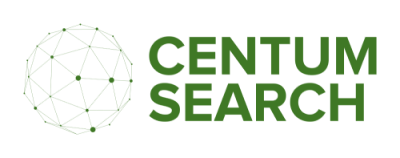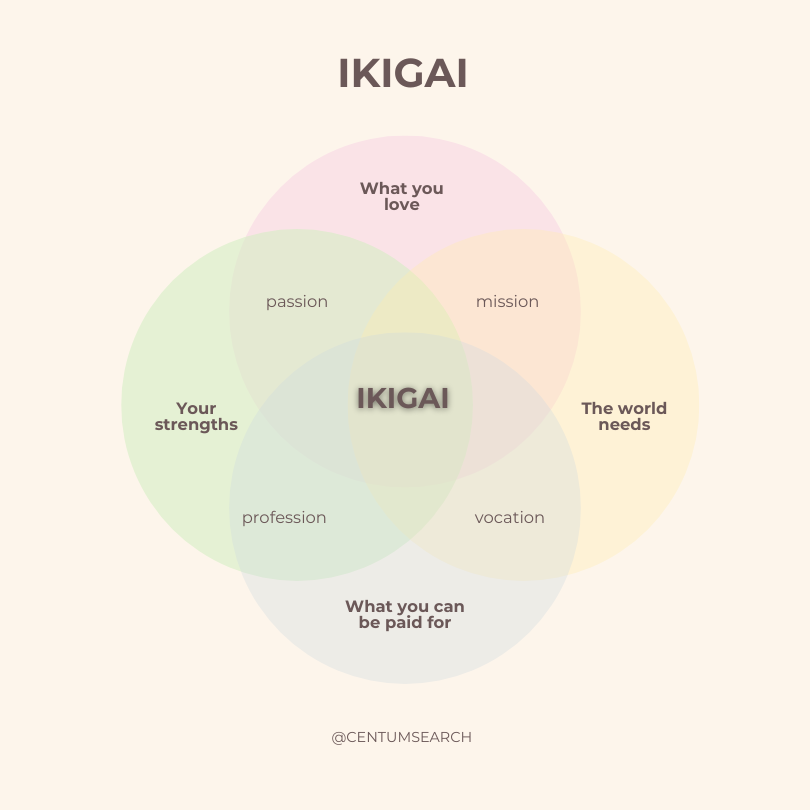8 Essentials for Managing Remote Engineering Teams
The post-pandemic workplace is now distinctly shaped by a preference for hybrid work models, reflecting a compromise between the traditional office environment and the flexibility of remote setups. This shift is driven by both employer strategies and employee desires for a more balanced approach to work.
According to recent studies, 68% of full-time workers prefer hybrid schedules and companies are adapting to hybrid formats for a significant portion of jobs to harness the benefits of both in-office and remote contributions (Techopedia).
Managing remote engineering teams effectively is more crucial than ever. Executives and managers are required to not only navigate the complexities of project coordination across distributed teams but also to foster a culture that supports dynamic work environments.

Whether you're adapting existing strategies or building new frameworks for remote teamwork, the following 8 tips will provide you with actionable insights to enhance communication, productivity, and team cohesion in a hybrid or fully remote setting.
1. Establish Clear Communication Channels
Effective communication is the backbone of remote team management. Establishing clear channels ensures that every team member knows how and where to share information and seek help. This prevents miscommunications and ensures timely updates on projects.
For newly remote teams or team members, it shouldn’t be assumed that clear communication will happen without an intentional process. According to a study by Buffer, 20% of remote employees list communication and collaboration as their biggest challenges.
Tips
- Implement regular check-ins and define preferred communication tools and protocols.
- Use tools like Slack for instant messaging and Zoom for video calls to maintain clear and consistent communication.
2. Set Transparent Goals and Expectations
Hyper-transparency in goals and expectations sets a clear direction and helps align team efforts. It reduces confusion and enables team members to prioritize tasks and manage their time effectively.
As reported by Gallup, clear communication of expectations can increase employee engagement by up to 23%.
Tips
- Clearly define project goals, deliverables, and deadlines at the outset.
- Utilize project management software like Asana or Jira to track progress and set transparent expectations.
3. Foster a Strong Culture of Trust
Trust is crucial in remote settings where direct oversight is limited. Building a culture of trust involves being open about company processes and decisions, which enhances team cohesion and empowerment.
A LinkedIn report found that 46% of professionals believe that trust in leadership is crucial for team success.
Tips
- Build trust through transparency, recognition, and personal engagement.
- Schedule virtual coffee breaks to engage with team members on a personal level and build rapport.
4. Encourage and Support Professional Development
Continuous learning is key to keeping your team competitive and motivated. Supporting professional development shows your investment in their growth, leading to greater job satisfaction and retention.
According to LinkedIn's Workforce Learning Report, 94% of employees would stay at a company longer if it invested in their career development.
Tips
- Provide remote learning opportunities and resources for skill enhancement.
- Offer access to online courses and webinars that align with your team’s roles and career aspirations.
5. Leverage Technology for Collaboration
Technology bridges the gap in remote setups, enabling real-time collaboration and project management. It ensures that all team members can contribute effectively, regardless of their location.
Salesforce research indicates that 86% of executives cite lack of collaboration or ineffective communication for workplace failures.
Tips
- Utilize collaboration tools that enhance productivity and teamwork.
- Integrate tools like Microsoft Teams or Google Workspace to facilitate seamless collaboration.
6. Promote Work-Life Balance
Remote work can blur the lines between personal time and work, leading to burnout. Promoting a healthy work-life balance is essential to maintain productivity and well-being.
According to the American Psychological Association, 68% of workers with high work-life balance satisfaction show greater productivity.
Tips
- Encourage regular breaks, flexible work hours, and time off to prevent burnout.
- Implement and model healthy work-life boundaries to encourage your team to do the same.
7. Regularly Gather and Act on Feedback
Feedback is vital for continuous improvement and adapting to the needs of your team. It provides insights into what is working well and what needs adjustment, fostering a culture of open communication and mutual respect.
A study by TINYpulse found that organizations that received and acted on employee feedback had a 14.9% lower turnover rate.
Tips
- Conduct frequent surveys and feedback sessions to understand team needs and challenges.
- Use anonymous surveys to gather honest feedback and hold monthly feedback meetings to address any issues.
8. Recognize and Reward Achievements
Recognition is a powerful motivator, especially in remote settings where employees might feel isolated. Acknowledging the efforts and achievements of your team reinforces positive behaviors and boosts morale.
Deloitte reports that recognition programs can increase employee happiness by up to 14%.
Tips
- Acknowledge individual and team achievements to boost morale and motivation.
- Create a recognition program that highlights team and individual contributions in weekly meetings or company newsletters.
In conclusion, the ability for managers to adeptly handle remote teams has transitioned from a beneficial skill to a critical necessity.
As hybrid models become the norm, managers must embrace the nuances of virtual leadership to maintain competitiveness and organizational resilience. Adapting to remote team management is not just about overcoming geographical distances; it’s about leveraging these setups to enhance flexibility, employee satisfaction, and access to a wider talent pool.
Furthermore, organizations that adeptly manage remote teams can see improved employee retention and higher productivity, as they align with the evolving expectations of the modern workforce. In essence, honing the skills to effectively manage remote teams is pivotal for any leader aiming to thrive in the dynamic corporate environments of the future. Managers who can successfully navigate these waters will position their teams—and their companies—at the forefront of innovation and operational efficiency.
Subscribe to our newsletter!
We will get back to you as soon as possible.
Please try again later.
Resources for Careers, Talent Acquisition and Management

a b c d e f g h i j k l m n o - Do not remove from template!!! it is important to support different fonts
Questions?
Contact Us
Thank you for contacting us!
We will get back to you as soon as possible!
Oops, there was an error sending your message.
Please try again later.


